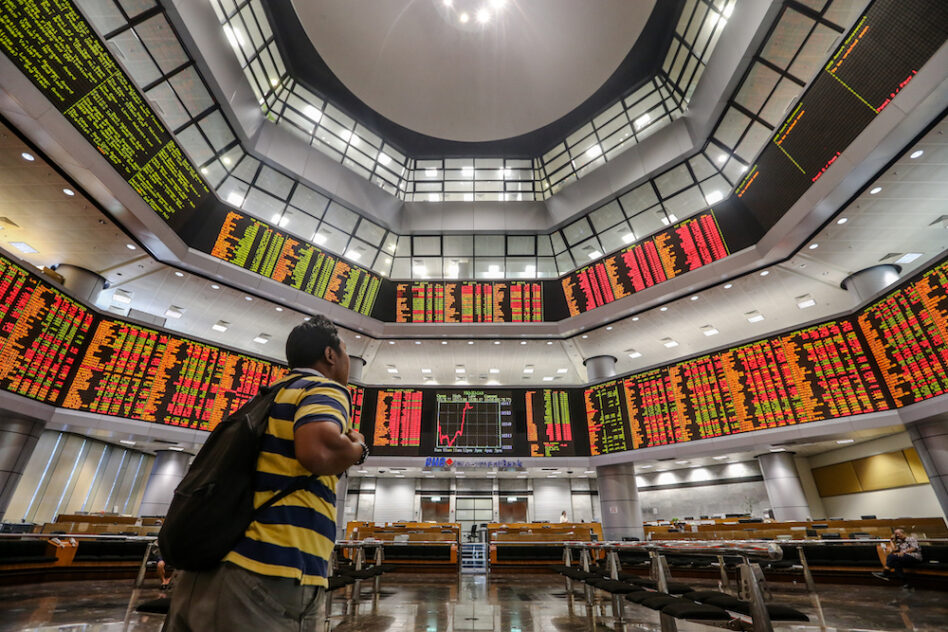IN a surprise move, Prime Minister Tan Sri Muhyiddin Yassin announced last Friday evening that the nation will go back to a full lockdown that entails shut down on all economic and social sectors – except for the “essential” ones – from tomorrow (June 1) to June 14.
While the market’s knee-jerk reaction to the news is inevitable – as seen in the Singapore and Taiwan stock exchanges recently – AmBank Research is adamant that a total lockdown is a more effective way to stamp out COVID-19, thus enabling the Malaysian economy to emerge from the pandemic in a more sustainable manner.
“While a lockdown is damaging to the economy, we should consider its impact beyond the lockdown period itself (be it two weeks, four weeks, etc),” rationalised analyst Joshua Ng in a strategy note.
“If the lockdown is effective in breaking the chain of the COVID-19 infections, the economy can re-open on a clean slate thereafter.”
From the standpoint of businesses, therefore, the loss of income during the lockdown will be temporary – losses can be recouped if the lockdown is successful in containing the virus spread, thus enabling businesses to return to normalcy or close to normalcy.
“As such, we are in no hurry to slash our market and corporate earnings forecasts,” justified AmBank Research.
“For Malaysia, the herd immunity target by February 2022 (which is nine months from now) has not changed although the consensus view is that there is much room for the vaccination programme to improve, particularly, in terms of speed.”

Hong Leong Investment Bank (HLIB) Research concorded that the total lockdown measure is necessary “to tame the pandemic, judging from similar experience during the maiden movement control order (MCO 1.0) in mid-March to April 2020 where daily cases eased from over 200 at its peak to below 50 in two months.”
“Based on the ‘essentials list’ and permitted manufacturers allowed to operate, we feel that this total lockdown is roughly similar to MCO1.0 but with slightly more operating leeway and scope (eg 60% operating capacity vs 50% during MCO 1.0),” commented its head of research Jeremy Goh.
“It goes without saying that the potential sectorial impact would be mostly negative except for telco (higher demand for fixed broadband as people are stuck at home) and logistics (specifically for courier from a substitution to online shopping).”
With regard to economic stimulus, HLIB Research expects another round of blanket loan moratorium that is focused on the current “opt in” model to help genuine troubled borrowers.
“There could also be greater incentive to extend programmes such as the Home Ownership Campaign (HOC) which ends on May 31 (today) and sales and services tax (SST) exemption/ reduction for cars (that ends on June 30),” opined the research house.
To reflect the near term perils bought about by the current state of total lockdown, HLIB Research has slashed its price-to-earnings (PE) target from 17.3 times (five-year mean) to 16.5 times, thus lowering its FBM KLCI year-end target to 1,660 (from 1,740) previously. – May 31, 2021









